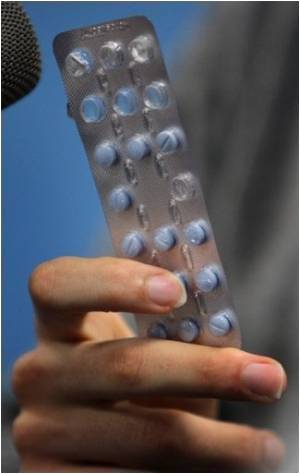For many decades, glucosamine has been freely available in drugstores, it is widely used to treat arthritis and to prevent joint degeneration.

In 2007, Michael Ristow showed that too much nutritive sugar shortens the lifespan of roundworms, a widely studied model organism in ageing research. Conversely, impairing carbohydrate metabolism in these worms was capable of extending lifespan [reference 1]. Unfortunately, the method used in worms at that time unexpectedly appeared to be ineffective in rodents [reference 2], and hence was not studied further.
Extended lifespan by almost 10%
In the recently published study that was performed at ETH Zurich and four German research institutions, Ristow and his colleagues applied glucosamine to roundworms and found that they live around 5% longer than their untreated counterparts.
Next and most importantly, the researchers fed glucosamine to ageing mice in addition to their normal diet. The mice were 100 weeks of age, reflecting a comparative human age of approximately 65 years. A control group of mice received no glucosamine while otherwise receiving an identical diet. Feeding the supplement to mice extended their lifespan by almost 10%, reflecting around 8 additional years of human lifespan. Moreover, glucosamine improved glucose metabolism in elderly mice indicating protection from diabetes, a life-threatening disease most prevalent amongst the elderly.
Mimicking a low-carb diet
Should we now start taking glucosamine supplements? Ristow replies: "This may be considered a valid option, and yes, I have started taking glucosamine myself." However, he points out that "diabetics should perform tight blood glucose control, especially during the first weeks." Interestingly, two recent epidemiological studies on more than 77,000 individuals suggest that intake of glucosamine supplements is associated with reduced mortality in humans [references 3, 4]. "Unlike with our longer living mice, such an association is no definite proof of the effectiveness of glucosamine in humans", says Ristow. He continues, "But the chances are good, and since unlike with most other potentially lifespan-extending drugs there are no known relevant side effects of glucosamine supplementation, I would tend to recommend this supplement."
 MEDINDIA
MEDINDIA




 Email
Email





